MANY BRAINS ARE
better than one
Thanks to your support of Connor’s Run we have been able to invest in world class research and development.
You are helping change the odds for young people with brain cancer. Look what you’ve done and continue to help us do... Go you!
Download our Impact By Numbers flyer.
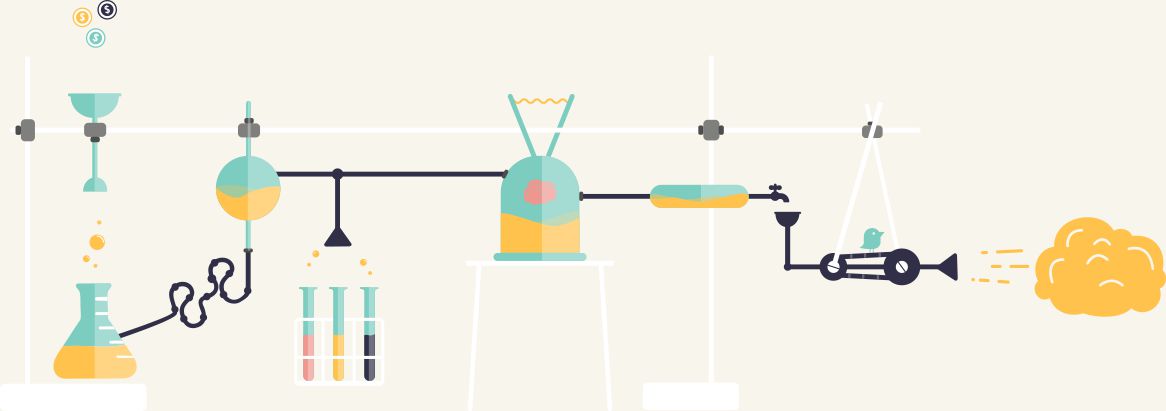
RCD Foundation Research Investments


BRAIN CANCER VACCINE
Project
A mRNA Vaccine giving hope to childern with brain cancer
We have partnered with The University of Queensland, committing $1.2 million to develop a brain cancer vaccine. With in-kind support from the University and a total project investment of approximately $2.4 million over a three year period, it is the first of its kind to apply technology to treat paediatric brain cancer.
With over 100 different types of childhood brain cancers and minimal effective treatment options, often with significant long term side effects better therapies are urgently needed. One promising approach (known as immunotherapy), harnesses and amplifies the body’s natural response against the tumour which is often weak.
Paediatric brain tumours are good at hiding from the immune system, therefore they need to be exposed before an effective, full attack can occur. By directing the body to produce large amounts of specific tumour molecules, which, alone are not cancerous, we can ‘train’ the immune system to efficiently recognise the tumour. This effectively creates an army of targeted missiles against the brain tumour. One way of achieving this is through developing a mRNA cancer vaccine against brain tumours.
Every brain tumour type is different, and we are starting with ependymoma tumours. Ependymoma does not typically respond to any known chemotherapy, but a combination of surgery and radiation therapy can be effective in some patients. However, when those tumours reappear there is no effective therapy, and the prognosis for these relapsed tumours is typically very poor.
We have assembled leading experts in immunology and brain tumour biology to mentor the new project team which will be based at the University of Queensland, Australia.
Thanks to Bella the Brave, Marisa & Fabin Rosin in memory of Marcus, The Brown Family in memory of Georgia, and Tioni and Jake in memory of Zarliah.
Learn more about the project HERE

AIM BRAIN PROJECT
Informing better treatment options
Following the successful translation into the clinic and accreditation of this advanced diagnostic test for brain cancer, RCDF together with Murdoch Children’s Research Institute was pivotal in securing funding from the Victorian Department of Health through the Victorian Cancer Agency, to subsidise the cost for 100 Australian patients tests and evaluate the test's economic benefits and its impact on patient treatment and outcomes. The goal is to have the test covered by existing healthcare funding programs, removing financial barriers to testing, making it more accessible.
"I was fortunate to be treated under a clinical trial funded by the RCD Foundation which is the reason why my treatment was much less aggressive than it may have needed to be previously due to the understanding of the specifics of my tumour developed from investment in research. This is why funding research is so important: to better understand and improve the quality of life of those with brain cancer".
Olivia Phelan, 21 RCD Foundation Legacy Ambassador

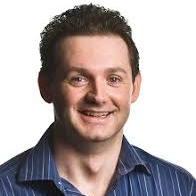
THE ROBERT CONNOR DAWES FOUNDATION
Clinical Trials Program
The RCD Foundation has contributed funding towards eight clinical trials, including:
-
Five trials currently open:
PNOC-019, PNOC-022, DART, CONNECT-1905, CONNECT-2108 -
Two trials in development:
PNOC-029, SJiMB-21 -
One recently closed trial:
LGG-Avastin
Pictured: Dr. Nick Gottardo, ANZCHOG Study Chair
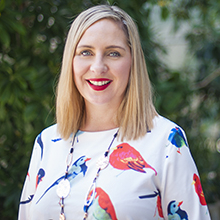
ADVANCING CAR T CELL THERAPY
for children with ependymoma
Building on our previous investment in CAR T cell research in Professor Misty Jenkins laboratory, RCD is now co-funding with the Victorian Government, through the Department of a new PhD project to establish paediatric specific Ependymoma models and produce enhanced, novel CAR T cell therapies to treat ependymoma tumours in children. Ms Milie Desai has already identified and validated over six novel targets and is engineering new CAR T cells for testing. She is currently determining the optimal treatment time.
Pictured: Dr. Misty Jenkins, WEHI

ENABLING PERSONALISED MEDICINE FOR KIDS BRAIN CANCER
to be implemented in the clinic
A molecular oncologist is involved in facilitating precision medicine within the hospital and research environments. The position coordinates information from research programs which characterize the tumour at a genetic level and clinical trials in addition to standard clinical care. After co-funding this position at the Royal Children’s Hospital, Melbourne, for four years, Dr. Dong Anh Khuong Quang has published twelve scientific papers, chaired many committees, contributed to the ZERO Childhood Cancer program, increased workforce capabilities and significantly increased access to clinical trials for kids with brain cancer at the Royal Children’s Hospital and other sites. Most importantly, the hospital now funds this position without philanthropic support.
Thanks to the Money Family for their support, in memory of Gracie.
Pictured: Dr. Dong Anh Khuong Quang

DISCOVERING PAEDIATRIC SPECIFIC DRUG TARGETS
to develop novel therapies
During her PhD studies Ms. Shazia Adjumain has identified an important biomarker (BCL2L1 hypermethylation) which can be used to predict which children with high grade gliomas are most likely to respond to a specific drug therapy (MCL1 inhibitor). These findings are a significant step forward and have been published in a journal, presented at scientific conferences and protected in a patent application. Shazia will formally be awarded her doctorate in early 2025 and is now working as a postdoctoral fellow in Professor Ron Firestein’s laboratory continuing to advance paediatric brain cancer research.
Thanks to the Spotlight Foundation, the Gratzer & Goldstein families and Mister Zimi for supporting this project.
Pictured: Ms. Shazia Adjumain
RCD Foundation Care Investments

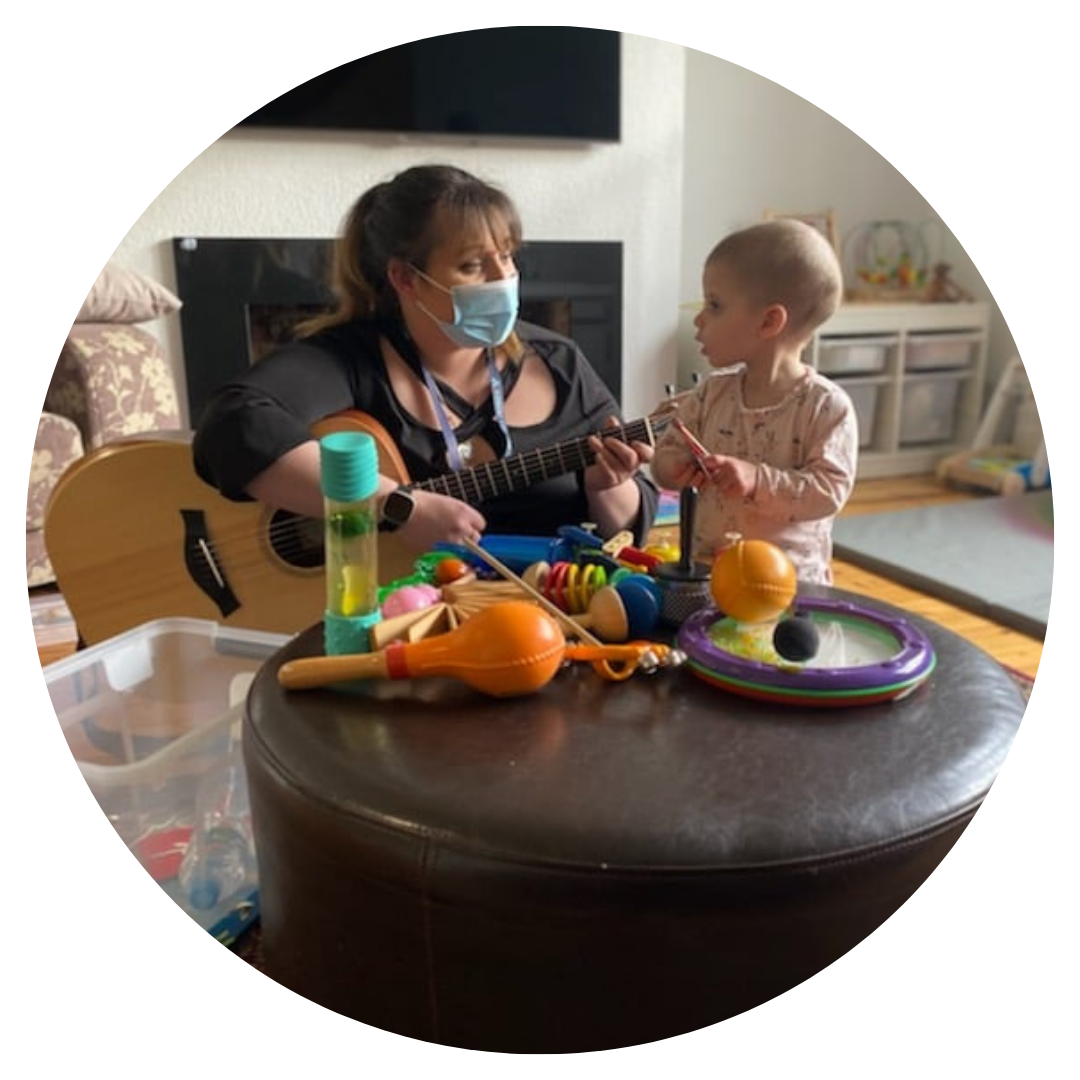
CARING ABOUT THE KIDS
Music Matters Grants
Music is more than just fun and relaxing, it can have a profound impact on our brains. Music therapy is the evidence-based use of music to accomplish individualised treatment goals. It can help with learning.
Through its use of shared networks in the brain, music can target speech & motor deficits. It can help to improve memory and attention, as well as enhance psychological coping. Music therapy is non-invasive and is motivating, both of which help the heart sing and the brain heal.
RCD Foundation Development Investments

SINCE INCEPTION THE RCD FOUNDATION HAS FUNDED:
PhDs
5 funded since inception
Scientific Fellowships
5 CERN & RCDF Scientific Fellowship awarded by the National Brain Tumor Society
Postdocs
3 postdoctoral scientists funded since inception
Cancer Consortia
Active supporting members of 4 internationally recognised paediatric brain cancer consortia

PARTNERING FOR IMPACT WITH CERN
Working towards effective, targeted treatment for ependymoma
The recipient of the 2024 CERN and Robert Connor Dawes Foundation Fellowship is Dr. Samreen Shaikh.
In a unique round, the Fellowship was advertised to accelerate the formation of the first ependymoma focused research team in Australia.
The project aims to develop and test an RNA vaccine against recurrent ependymoma tumours. The position will also work closely with colleagues in the University’s Ian Frazer Centre for Children’s Immunotherapy Research As part of her work, Dr. Samreen Shaikh will travel to Professor Eric Holland’s laboratory at the Fred Hutchinson Cancer Centre in Seattle, Washington, in the United States, to learn how to create, maintain and use validated ependymoma animal models, which are critical to the project’s success.
Together with tumour tissue samples, she will validate the vaccine and generate the necessary data to translate it into a phase one clinical trial. The project has already partnered with an international mRNA vaccine company and manufacturer to provide all the necessary translational components. READ MORE
Pictured: Dr. Samreen Shaikh
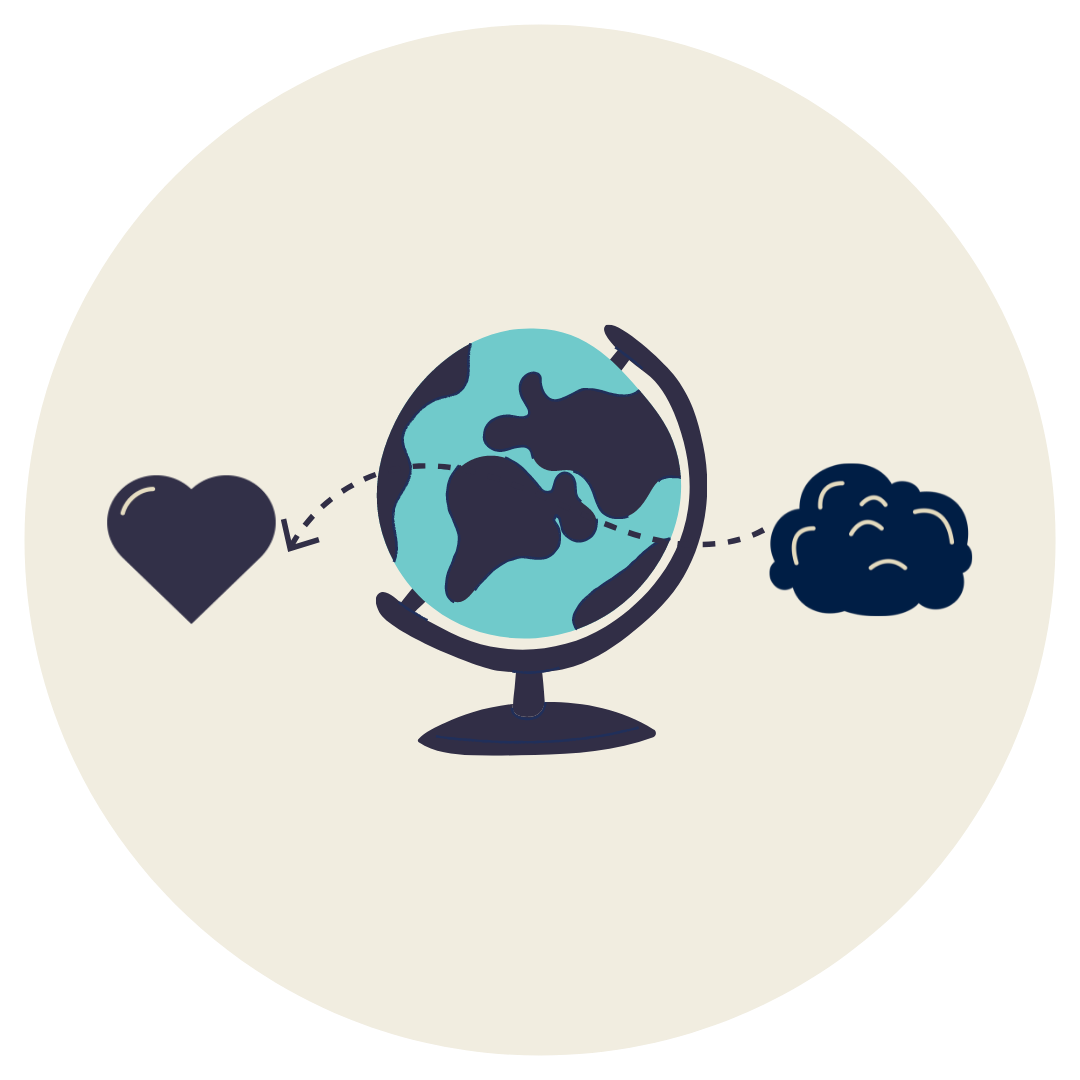
ENABLING THE BRIGHTEST & BEST MINDS TO CONVERGE
& advance global paediatric brain cancer research
Sponsorship and support for 24 local, national and internationally recognised conferences, symposiums or meetings, enabling knowledge exchange and fostering research collaborations. The funding of these key industry conferences such as the Ependymoma Science Meeting (EpCam) in Cambridge, UK, which has resulted in a number of research collaborations directly stemming from this important conference sponsored by the RCD Foundation.
We have also increased global reach and collaboration through our funding of 41 researcher travel grants awarded to Australian researchers to ensure they can attend and present at key national and international conferences.








